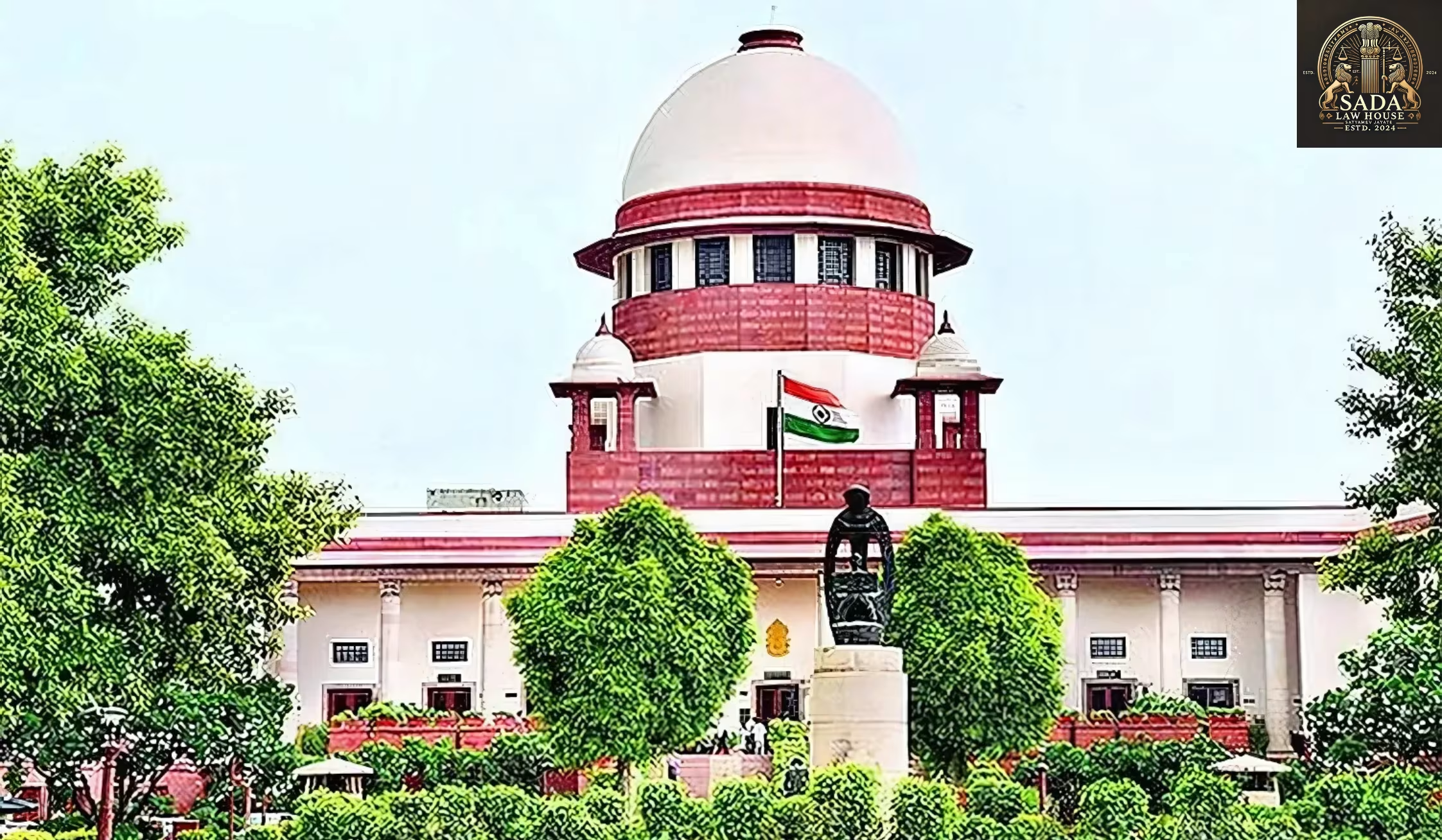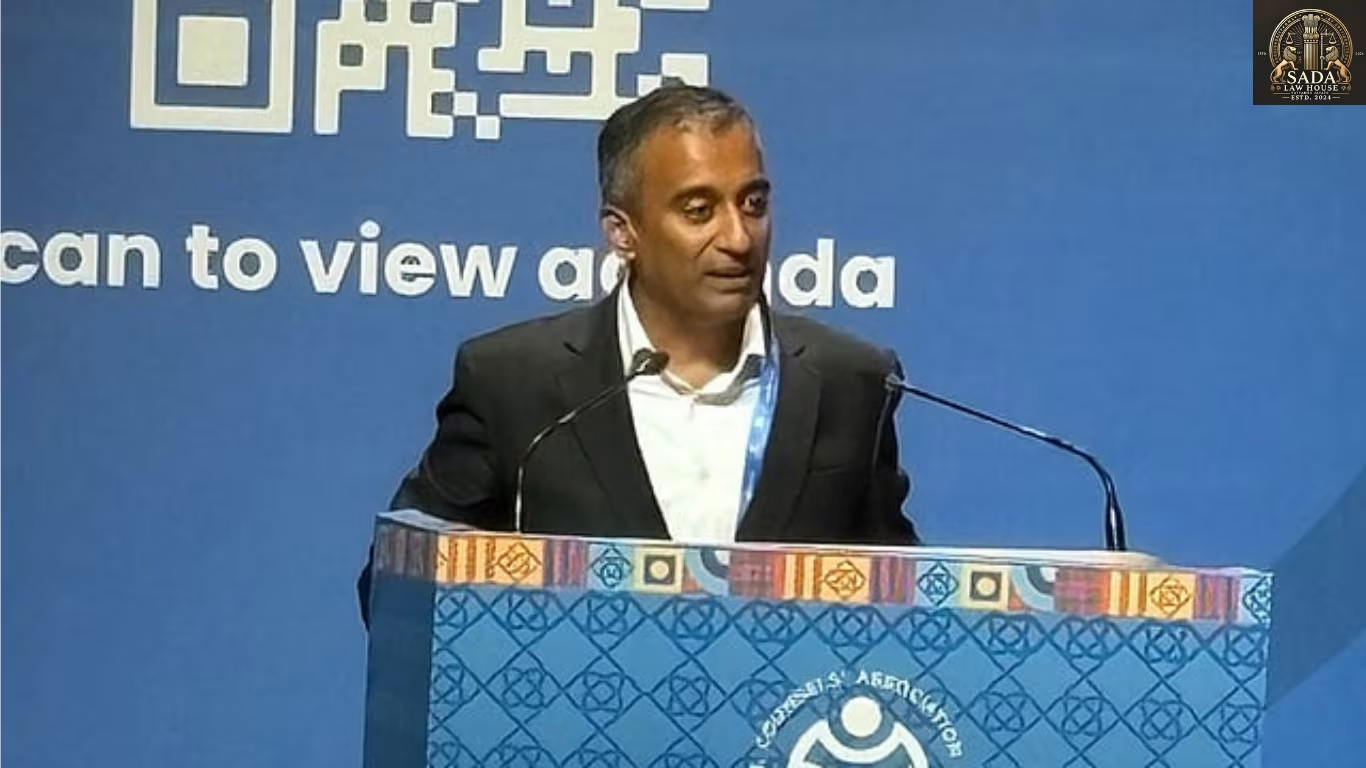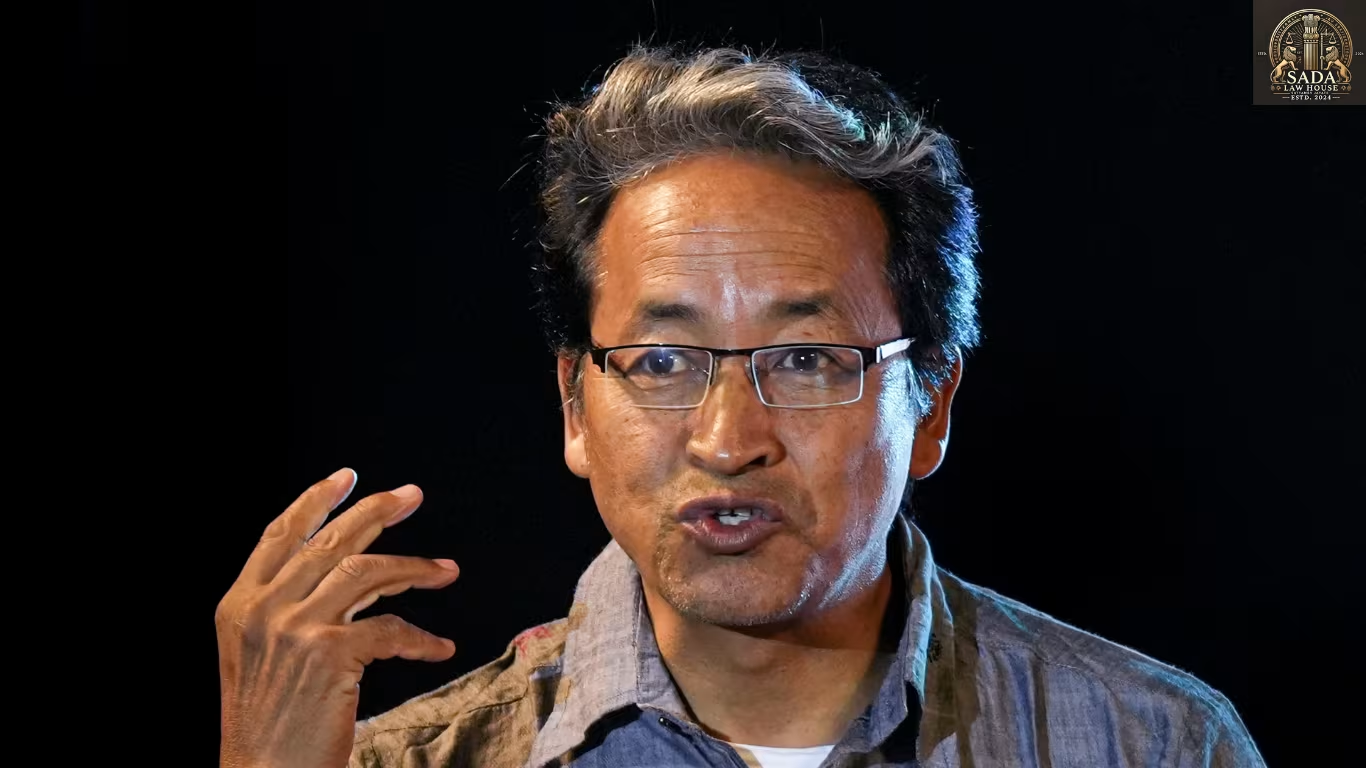Supreme Court Directs Gauhati High Court to Hear Assam Deportation Petition First
- KASHISH JAHAN
- 03 June 2025

The Supreme Court of India declined to hear a petition on the Assam deportation drive, directing the Gauhati High Court to handle it first. This ruling highlights the importance of due judicial process in cases of alleged wrongful deportation of Indian citizens.
Supreme Court Defers Petition on Assam Deportation Drive to Gauhati High Court
The ongoing controversy around Assam’s deportation drive targeting alleged illegal immigrants from Bangladesh has led to widespread protests and legal action. Recently, several student groups filed a petition in the Supreme Court of India, arguing that the drive had resulted in the wrongful detention and deportation of Indian citizens.
Supreme Court Upholds Judicial Hierarchy
Instead of directly taking up the petition, the Supreme Court redirected the matter to the Gauhati High Court, which holds jurisdiction over Assam. The Court emphasized the importance of following due legal process and respecting the structure of judicial authority.
This move reflects a commitment to proper legal procedure, ensuring that lower courts first evaluate the claims before any escalation to higher courts. The decision reinforces the structured and tiered nature of the Indian judicial system.
Assam Citizenship and Deportation Issues Remain Sensitive
The complexities surrounding citizenship in India—especially in states like Assam—remain a contentious topic. The concerns raised by the petitioners include the detention of individuals who reportedly possessed valid citizenship documents but were still classified as illegal immigrants.
While the Supreme Court did not dismiss these concerns, it stressed the necessity of beginning the legal review at the appropriate judicial level. The High Court is now responsible for examining the validity of the petition and the evidence presented.
Maintaining Legal Order While Addressing Human Rights Concerns
The Supreme Court’s directive seeks to balance the urgency of alleged human rights violations with the importance of judicial discipline. This ensures that each case undergoes a thorough and fair review under existing laws and court hierarchies.
The deportation drive has triggered deeper conversations about immigration policy, identity, and state responsibility toward its citizens. Vulnerable communities in Assam have felt the brunt of these initiatives, making it critical that the judiciary acts with both fairness and efficiency.
Final Thoughts: Upholding Justice Through Judicial Discipline
The Supreme Court’s decision to route the Assam deportation case through the Gauhati High Court highlights the importance of following a structured judicial process in sensitive matters like citizenship and deportation. While the concerns of wrongful detention are grave and demand careful attention, the legal system must operate within its framework to ensure fairness for all parties involved.
This approach not only reinforces the strength of India’s judicial hierarchy but also ensures that justice is served with integrity, precision, and due diligence. As debates over citizenship laws and human rights continue, courts remain the cornerstone of safeguarding democratic principles in the country.






